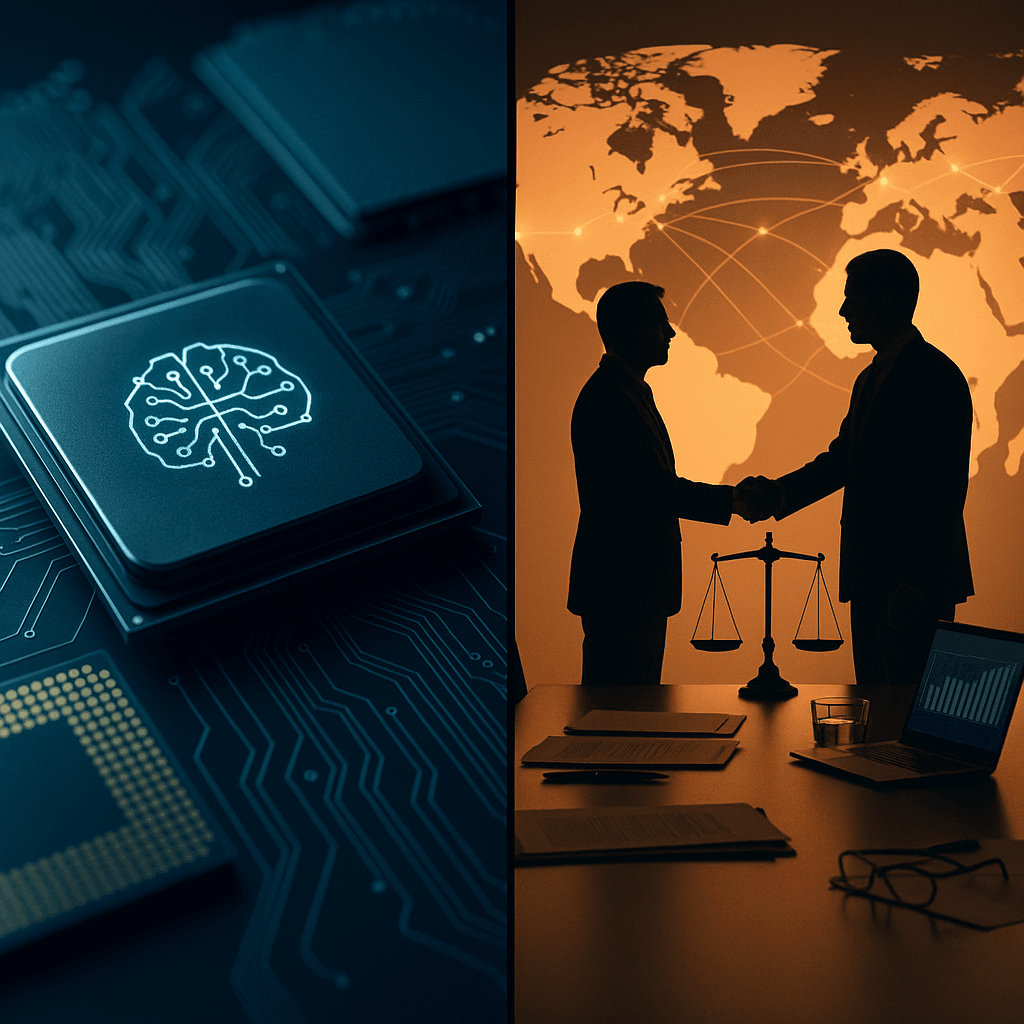Nvidia CEO Jensen Huang is pushing back hard against national security concerns over selling advanced AI chips to China, arguing that trade benefits both countries. Speaking at the APEC summit in South Korea, Huang said he'll keep lobbying for Chinese market access and dismissed Washington's export restrictions as misguided policy.
Nvidia CEO Jensen Huang just threw a wrench into Washington's China strategy. At the APEC CEO summit in South Korea, Huang essentially told policymakers their national security concerns about selling AI chips to China are overblown - and he's not backing down from pushing for market access.
"It's in the best interest of America to serve that China market. It's in the best interest of China to have the American technology," Huang told reporters, making his position crystal clear despite ongoing U.S. export restrictions on advanced semiconductors.
The timing couldn't be more loaded. Huang's comments come just days after President Donald Trump met with Chinese President Xi Jinping and discussed Nvidia chip exports - though Trump said the talks didn't cover the company's most advanced Blackwell graphics processing units. "I said that's really between [China] and Nvidia, but we're sort of the arbitrator," Trump told reporters after the meeting.
But Huang's argument cuts deeper than trade policy. He's essentially saying the entire premise of the export curbs is flawed. "China makes plenty of AI chips themselves, and the Chinese military surely have plenty of access to chips that are created in China," Huang told CNBC's Eunice Yoon on Friday.
His logic? If China already has domestic AI chip production and has even blocked some Nvidia chips like the H20 model, then U.S. restrictions aren't really protecting national security - they're just limiting American business opportunities.
"The way to think about the China market is, it's a singular, vital, important, dynamic market, and nobody can replace that," Huang said, making clear he'll keep campaigning for access regardless of Washington's position.
The U.S. government's stance is that chip curbs are designed to restrict China's "access to the technologies and ability to produce advanced chips" and limit access to "related computing and AI applications." But Huang's pushing back on that entire framework.












